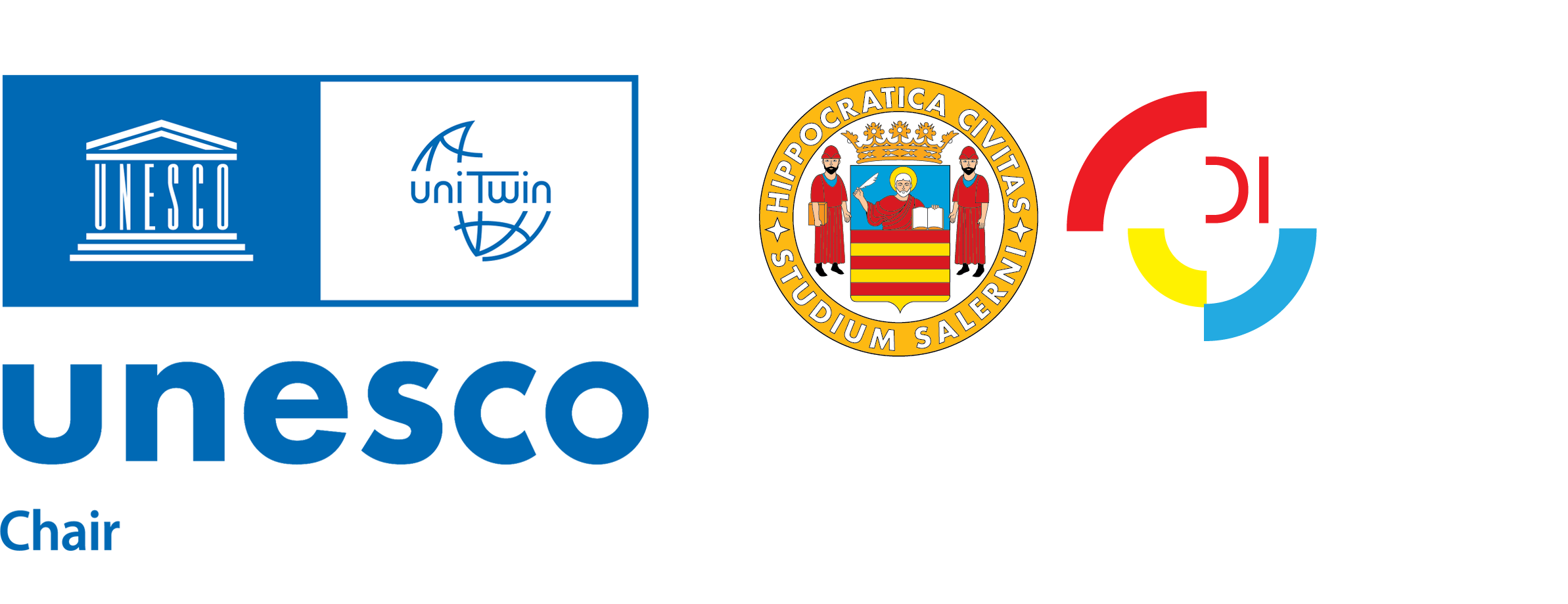What is the UNESCO’s UNITWIN Programme?
UNESCO’s UNITWIN programme promotes international cooperation and networking between universities. It helps reinforce higher education institutions worldwide, bridge the knowledge gap, mobilize university expertise and collaborate around the Sustainable Development Agenda 2030. Launched in 1992, the programme supports the establishment of UNESCO Chairs and UNITWIN Networks in key priority areas related to UNESCO’s fields of competence – education, natural and social sciences, culture and communication. Today, the network comprises more than 830 UNESCO Chairs and UNITWIN cooperation programmes in over 110 UNESCO Member States.
What is a UNESCO Chair?
A UNESCO Chair is established for an initial period of four years by means of an agreement between UNESCO and a university or any other institution of higher education and/or research, to initiate programmes that advance teaching, learning and research in areas that are a priority for UNESCO. A Chair may be created to institute a new teaching and research unit, or to strengthen an existing teaching or research programme while giving it an international dimension. In consultation with UNESCO, a Chair holder is appointed to lead the activities of the Chair.
What is a UNITWIN Network?
A UNITWIN Network consists of a number of universities in different countries that join forces and collectively sign a joint agreement with UNESCO to cooperate in an area that is a priority for the Organization. Each participating institution may or may not have an individual UNESCO Chair. Through this partnership, UNESCO fosters university twinning and networking for North-South, South-South and triangular cooperation with the aim of addressing needs in the development context.

